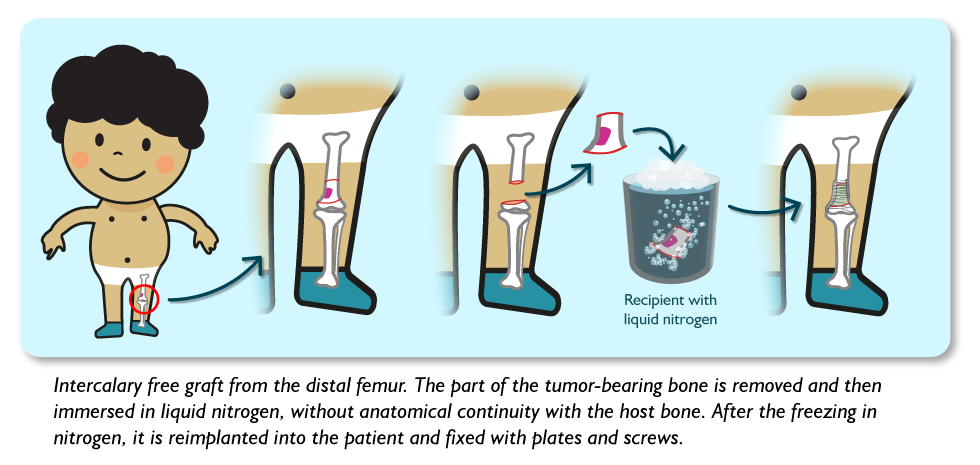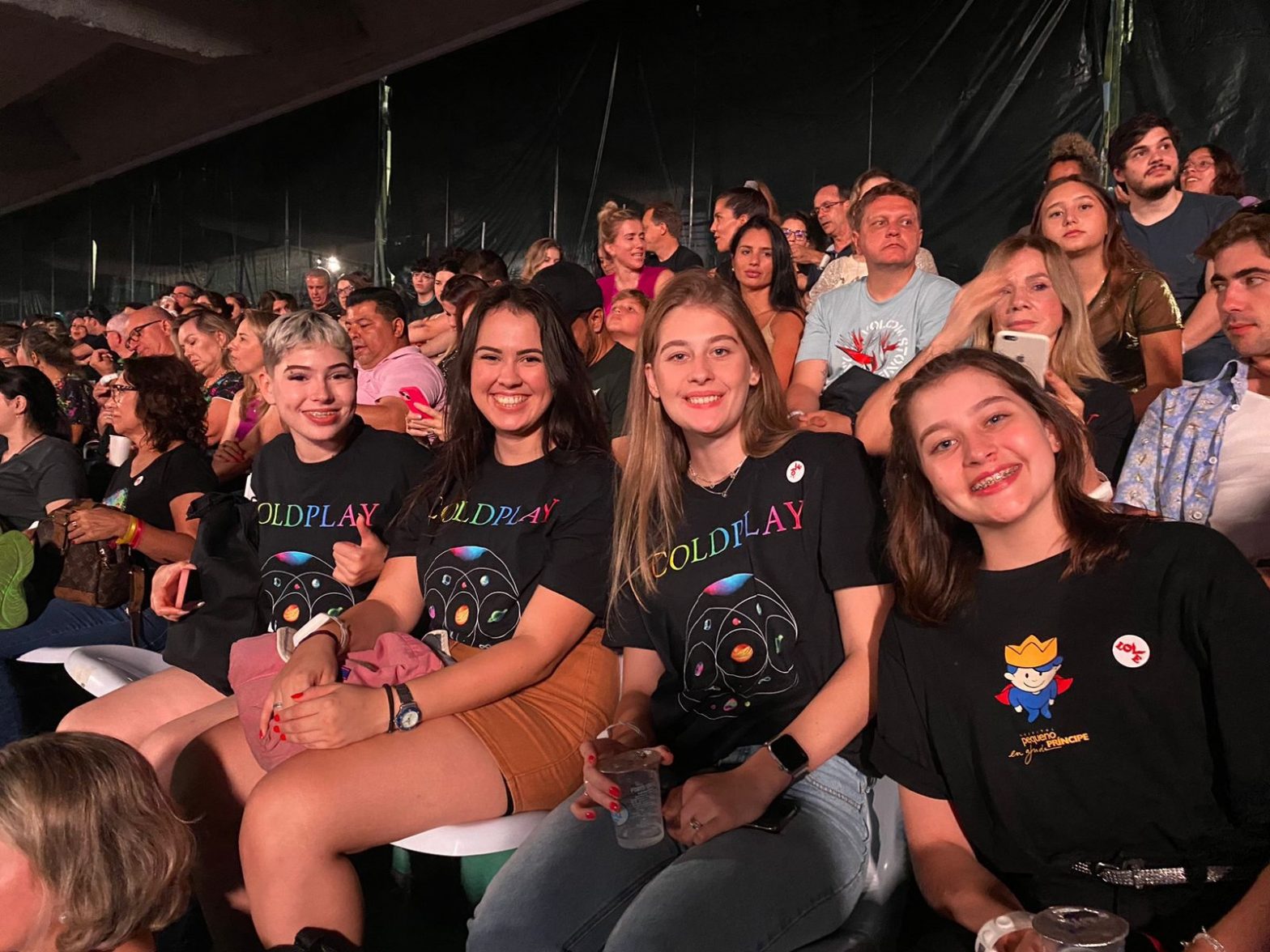Surgery performed at Pequeno Príncipe avoids amputation in children with bone tumors
The technique was developed in Japan and uses liquid nitrogen to “kill” cancer cells present in the bones
Bone tumors account for about 3% of all childhood cancers and are most common from ages 5 to 25. It is often necessary to amputate the affected limb to eliminate cancer cells. Therefore, in addition to facing the cancer itself, one of the great challenges of this treatment is to preserve the limbs affected by cancer, as amputation interferes with the physical and emotional development of children and adolescents.
At Pequeno Príncipe Hospital, since 2020, the physician Juliane Comunello, an orthopedist specializing in cancer surgery, has been using a surgical technique developed in Japan that treats cancer and prevents amputations. During surgery, the part of the bone on which the tumor is located is removed. This part is then immersed in liquid nitrogen at -320°F and frozen. It is this freezing that “kills” cancer cells. The cancer-free part of the bone is then reimplanted into the patient.

Sophia is walking again!
The 12 years old Sophia Grevinski is one of the patients who benefited from this technique. After a few days with leg pain, she was referred to Pequeno Príncipe Hospital. Tests confirmed the malignant bone tumor (osteosarcoma), and she started treatment with chemotherapy. Limb-preserving surgery was performed in early February. “I’m already walking and I didn’t feel any more pain,” said the girl. With her leg preserved, Sophia continues doing physical therapy to strengthen her muscles and chemotherapy cycles to control the disease. All treatment is being covered by the Brazilian Public Health System (SUS, abbreviation in Portuguese).

“When we found out about the diagnosis, we looked for information on the internet and ended up reading a lot of sad things. I recommend anyone going through this situation not to seek information like this. Talk to the doctor and trust what he says. On the internet there is a lot of misinformation, sometimes outdated information that does not match today’s reality. Medicine today is very advanced. The Pequeno Príncipe Hospital is fantastic. People are very human, they treat us with profound respect, they treat the child with great affection,” pointed out her father, Daniel Grevinski.
Children and adolescents with bone pain and swelling that do not improve should undergo an evaluation with an orthopedist for investigation. Early diagnosis is essential to face diseases such as cancer and increase the chances of cure.
More
Pequeno Príncipe College receives top score from the Ministry of Education
The assessment considered the institution’s pedagogical, administrative and infrastructure dimensions
Coldplay takes patients from Pequeno Príncipe to attend a concert in Curitiba
Click here and watch the exciting news story made by Rede Globo TV network in Paraná about this incredible night








